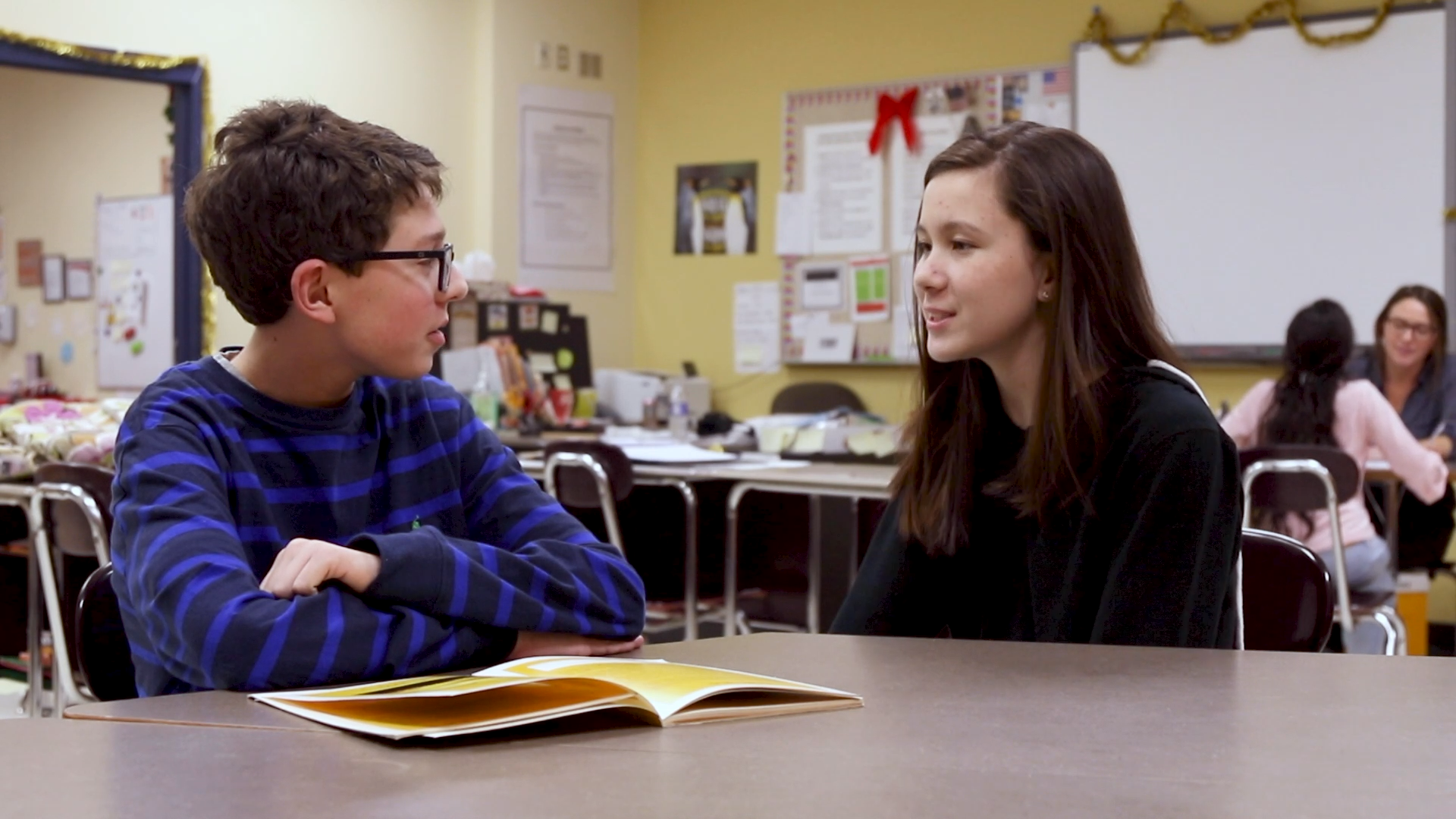For educators working with special education students, understanding and developing Individualized Education Program (IEP) goals is crucial. The target skill in this post is the ability to consider others’ interests and preferences during conversations, which plays a significant role in students’ social interactions, learning, and wellbeing. Let’s explore how to create effective IEP goals for this target skill.
Understanding the Topic Radar Skill
The target skill, often referred to as the Topic Radar skill, involves the ability to think about other people’s interests and preferences during conversations. This skill is essential for fostering positive social interactions, building relationships, and promoting a sense of belonging among students. By considering others’ interests, students can engage in more meaningful and enjoyable conversations, which can lead to improved self-esteem and overall wellbeing.
The Role of Specialists
Various specialists can support the development of the target skill in students. Speech-Language Pathologists can help students improve their communication abilities and provide guidance on using the Topic Radar skill in conversations. Social Workers can offer support in understanding others’ perspectives and navigating social situations. Psychologists can help students develop strategies for coping with anxiety or other challenges related to social interactions. School Counselors can provide guidance on building positive relationships and fostering a sense of belonging within the school community.
IEP Goals for Topic Radar Skill
Below are specific SMART IEP goals that can help improve the Topic Radar skill in students:
-
Goal: The student will demonstrate the ability to identify and discuss at least three common interests with a peer during conversation, in 4 out of 5 opportunities.
Strategies and Activities: Role-playing, conversation starters, social stories, and group activities focused on identifying shared interests. -
Goal: The student will ask appropriate follow-up questions related to a conversation partner’s interests in 80% of observed social interactions.
Strategies and Activities: Practicing active listening, teaching question formulation, and providing visual cues or reminders. -
Goal: The student will initiate at least one conversation per day with a peer, focusing on the peer’s interests or experiences.
Strategies and Activities: Social skills groups, conversation prompts, and visual reminders to use the Topic Radar skill.
Implementing and Measuring Progress
Implement these goals by incorporating the strategies and activities into the student’s daily routine and classroom activities. Measure progress by observing social interactions, tracking the frequency of target skill use, and seeking feedback from the student, peers, and other educators. Regularly review and adjust the IEP goals as needed to ensure continued growth and development.
Conclusion
Developing effective IEP goals for the target skill, the Topic Radar, can greatly enhance students’ social interactions, learning, and wellbeing. By working collaboratively with specialists and implementing the suggested strategies, educators can help students improve this critical skill. We encourage you to apply these IEP goals in your practice and invite you to explore more resources at Everyday Speech Sample Materials.






